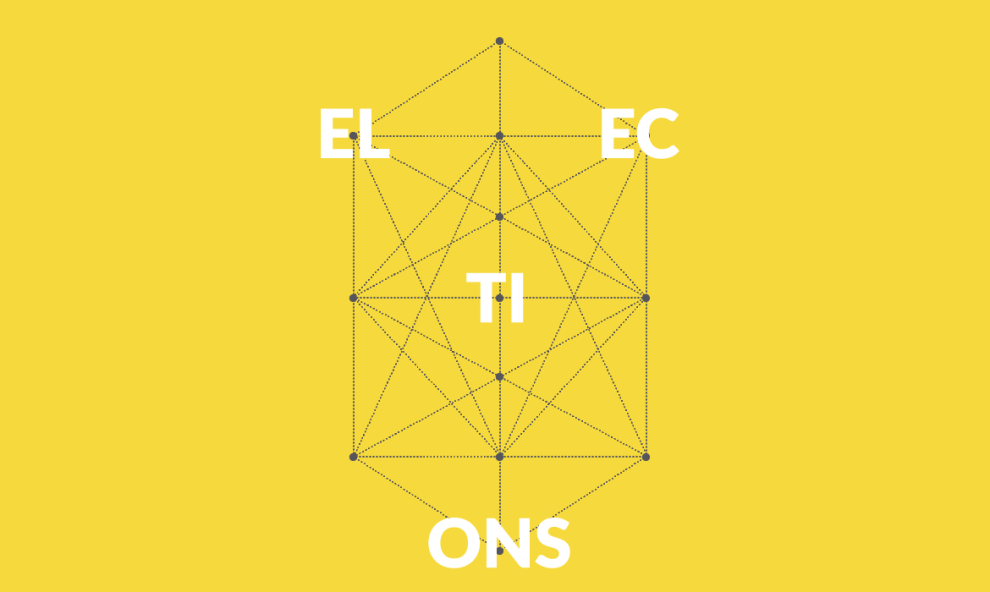What does the most recent electoral reform tell us about the future of the country? It was doubtlessly a great success for the legislators of the three big political parties to have achieved resolving differences that had seemed impossible to work out. However, the fact of approving legislation does not imply it’s constituting an improvement over the existing one or that its implementation will improve political life (why speak of well-being) of Mexicans. The new legislation reminds me of an exchange that Alice (the Wonderland one) sustains with the Cheshire Cat: Alice: “Would you tell me please, which way should I go from here?” CC: “That depends a good deal on where you want to go”; Alice “I don’t care much where”; CC: “Then it doesn’t matter which way you go”; Alice “… so long as I get somewhere”; CC: “Oh, you’re sure to do that, if you only walk long enough”. Different from Alice, it does make a difference to us Mexicans where the politicians lead us and the road they’ve chosen does not augur at all well.
There are many details that the new legislation incorporates in procedural as well as in financial matters of the campaigns that are praiseworthy. However, what are worrisome are not the details but the whole. In contrast to many critics, it seems to me that there should be an option of independent candidates, but the law should not promote them because in a split second we’d end up with a world of opportunists. Expressed in other terms, were an aspirant to the presidency unable to get 780,000 signatures he’d better not even try. On the side of financing political campaigns, Lewis Carroll, the author of Alice in Wonderland, would never have never been able to imagine the Surrealism that characterizes Mexican politics: all of those who voted for more restrictions and controls in this matter know perfectly well that they will be the first to violate their precepts in the next campaign. Instead of transparency, they opt for opacity, corruption’s little sister. The case of reelection is even more pathetic.
What is specific in the law entails some advances and some setbacks, but the general tenor is one of denial of reality and human nature. In 1996 electoral legislation was achieved that opened up opportunities for political participation, delineated the possibility to construct a democratic polis and placed the citizen at the heart of Mexican politics. It wasn’t a perfect law (no law is), but it constituted the end of an epic struggle to break the monopolistic control of one party over national politics.
From then on, all subsequent reforms have gone in the opposite direction. If one analyzes the details, each new version entails greater restrictions, controls and impediments. Each of the versions is more ignorant of and distant from the political realities and from human nature: each restriction invites surreptitious responses that do nothing other than negate the purpose of the legislation. The details tell us that politicians and political parties attempt to resolve basic differences by means of rules that are inapplicable in real life. But what’s paradoxical is that this way of acting has the opposite effect to that desired: instead of strengthening credibility in the political processes and conferring confidence on the citizenry as to the veracity of the results, what is achieved is greater disbelief and distrust in electoral processes as evidenced by surveys.
The reason for the latter is not difficult to elucidate: the details responds to specific problems, particular crises, previously experienced suspicions and situations that the new law attempts to resolve or at least attenuate through an ever greater number of articles in the law. But, clearly, the general purpose is not to resolve but rather to reinforce the three-party oligopoly that Mexican politics has become and in which competition is no longer important (as it definitely was in 1996) because it has been replaced by clientelism, appropriation of monies and the eternal permanence in power. The world of transfers from society to the individuals in power.
Between 1997 and 2000, when the PRI lost its perennial congressional majority, the opposition parties made a big fuss about the new reality, but it was not greatness that exhilarated them, but vanity. In their speeches in response to the annual Presidential Address to the nation, Porfirio Muñoz-Ledo (then of the PRD) and Carlos Medina-Plascencia of the PAN presented themselves as young upstarts attacking the institution of the presidency and claiming equality of powers. Offensive in their style, they at least evinced a bid for opening and frank competition. Today no politician could be encouraged to deliver a similar speech: the offensive ones have become permanent, but now none bets on an open and competitive system. Parties and legislators have become one more of the many monopolies that they so scathingly criticize in other ambits.
The issue becomes even more serious when one compares what has been achieved with the country’s true challenges. The political problem is not one of financing campaigns or electoral authorities but rather one of government. The country stands in need of basic governance in many regions and the general nature of the government is, needless to say, mediocre. Legislators concentrate on straggling little reforms, instead of constructing an effective political system that allows for the development of a system of government likely to confront the problems of security and economic growth, the two issues that really matter to the citizenry.






Comments